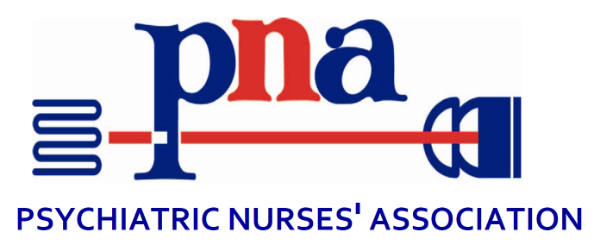Dear Colleagues,
As per previous correspondence regarding the Public Service Agreement pay proposals. The following is a brief synopsis of the main components of the agreement.
(CLICK HERE TO VIEW DOWNLOAD FULL DOCUMENT)
Public Service Transformation.
This component of the agreement includes several headings and topics. It outlines proposals regarding the Public Service 2030 strategy, Innovation and Digital Transformation, Workforce planning, HR and Recruitment policies, Apprenticeships, workforce agility, access to services and flexible service delivery. This is outlined in its totality in the full proposal (attached). All of these proposals are subject to Union engagement prior to implementation and will require agreement on how these issues are implemented prior to going forward. It would also allow for continued engagement on the implementation of Slaintecare, including, but not limited to, the delivery of the new Regional Health Areas.
Pay Adjustments.
2024
• A general round increase in annualised basic salary for all public servants of 2.25% or €1,125, whichever is greater, on 1st of January 2024.
• A general round increase in annualised basic salary for all public servants of 1% on 1st of June 2024.
• A general round increase in annualised basic salary for all public servants of 1% or €500, whichever is greater, on 1st of October 2024.
2025
• A general round increase in annualised basic salary for all public servants of 2% or €1,000, whichever is greater, on 1st of March 2025.
• A general round increase in annualised basic salary for all public servants of 1% on 1st of August 2025.
2026
• A general round increase in annualised basic salary for all public servants of 1% or €500, whichever is greater, on 1st of February 2026.
• A general round increase in annualised basic salary for all public servants of 1% on 1st of June 2026.
An additional 3% (with 1% being accessible during the life time of this agreement) has been allocated to local Bargaining, a process that will allow unions to negotiate changes in rates of pay or terms and conditions. The PNA have several outstanding claims where this could be utilised. The first instalment, equivalent to 1% of the basic pay cost, will be implemented on September 1st 2025 and the balance (2%) will fall to be addressed in any successor pay agreement. Local negotiations within sectors concerning proposals will take place between July 2024 and June 2025. This may include proposals involving changes in structures, work practices or other conditions of service. It should be noted that how this increase is allocated, and to whom, has yet to be agreed.
As you are aware, last September, the Labour Court made recommendations in relation to the “Expert Review Body of Nursing and Midwifery” with regard to recommendations 44,45 & 46 regarding CNM 2s and CNM 3s. It has been confirmed that this will be implemented from September 30Th 2023. The ongoing work under the auspices of the Implementation Action Group in relation to recommendations 41-43 of the Expert Review Body on Nursing & Midwifery, will be implemented once completed.
Industrial Peace, oversight and Resolving Disagreements.
The proposal stipulates that the parties are committed to ensuring that problems in respect of matters covered by the Agreement, where they arise, are dealt with in an effective and timely way and to participate in the dispute resolution procedures. Where disputes arise, they will be subject to a 6 week period of initial bilateral engagement at local level between the parties to the dispute. In order to “underpin the smooth functioning of industrial relations, sectoral management/union forums”, with the assistance of independent chairs, nominated by the WRC, will meet regularly to oversee Industrial Relations issues arising in the sector, including those which may have a bearing on the agreement. Each sector will nominate the relevant forum which will perform this function. If no agreement is reached at the relevant conciliation stage, the parties agree to refer the dispute to the Labour Court for recommendation.
We would advise that people familiarise themselves with the document, in its totality. Information will follow regarding a special NEC to discuss the proposal prior to a ballot being conducted. We will ensure that any information in this regard is forwarded to branches in advance of our NEC.
Thank you.
Peter Hughes,
General Secretary

